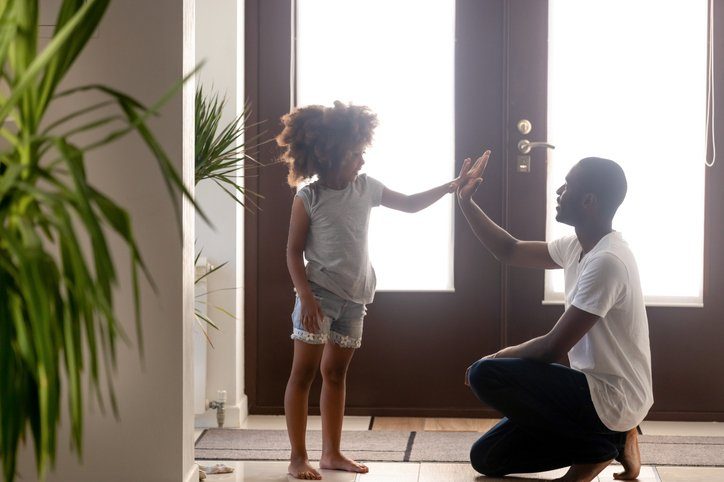Everyone knows that life is filled with unexpected twists and turns. Divorce is one of those twists that no one ever plans for. When you find your partner and decide to get married, you never really think that divorce can happen to you. It’s the same concept with having children. When you bring home your child from the hospital, you never anticipate going through legal proceedings to determine who will see him on any given weekend. Even though divorce and child custody procedures are often unexpected, they still happen every single day. Part of the reason why child custody is initially daunting is that most people are unaware of how it all works. Understanding child custody in Connecticut is your best first step to finding an arrangement that works for everyone in the family. Here is a list of important points you need to know in order to move forward with your child custody case.
Best Interest of the Child
One of the most important points that divorcing parents need to understand about child custody in Connecticut is that judges will always base their decisions off of what is in the best interest of the child. This simply means that the courts will take into consideration the child’s overall well-being when in custody of each parent.
Mental and Physical Health
When a judge is determining child custody in Connecticut, he or she will examine a number of different factors. The first factor is the mental health and physical health of the parents. For instance, family courts will always want to make sure that there is no history of drug or alcohol abuse with either parent. It’s also important to know if one of the parents is suffering from a physical condition that could limit their care of the child. Knowing that both parents are mentally and physically capable is a common first step.
Criminal Background
Of course, if there is any evidence of child neglect or abuse with either parent, this will most likely come to the surface during a custody hearing. If there have been cases of neglect, abuse, or any kind of domestic violence, a judge may suspend visitation rights or only allow for supervised visitations. The family courts in Connecticut can also require parents to go to counseling or support groups before they can have visitation rights restored.
Meeting the Child’s Needs
Child custody in Connecticut will be determined by a number of different variables that contribute to the stability in a child’s life after a divorce. A judge will often take the child’s age into consideration when determining custody. Very young children (infants and toddlers) will often benefit from having a primary residence instead of moving back and forth between homes. Knowing if the child is able to stay at their school and continue their education without disruption is also a desirable result. Shelter, education, and the ability to promote healthy emotional development are key factors.
Types of Child Custody in Connecticut
There are different categories of custody in the state of Connecticut. First, there’s legal custody, which is granted to parents who prove to be capable of making major decisions for the child regarding their psychical health, mental health, food, shelter, education, or religion. Physical custody is the parents’ right to have contact with the child. Joint legal custody means that both parents will equally share responsibility in making significant decisions in the child’s life. Joint physical custody means that the child will have equal access and contact with both parents.
Deciding Custody Arrangements
It’s always best if child custody in Connecticut is decided by the parents. The best outcomes are usually formulated by parents who can communicate and agree on the terms of the custody. If parents cannot agree on these terms, the judge will decide for you. Not being able to agree or compromise can put parents in a very vulnerable position. Family courts will always urge parents to utilize legal counsel and mediation in order to come to some form of an agreement. If a child is old enough, a judge might ask the child what they prefer as well.
Co-Parenting Plans
It’s recommended for divorcing parents to make a co-parenting or time-sharing plan. Once legal, physical, or joint custody issues have been decided, it’s important to be organized and make a plan. What will this type of life look like for you and your family? How will your daily routines work? Where will the child stay on weekends? These and other questions should be answered when created a co-parenting plan.
For More Information on Child Custody in Connecticut
It’s always important to speak with an experienced Rhode Island divorce lawyer when going through a child custody hearing for the first time. A lawyer can help you to understand the child custody laws and find agreements that benefit everyone in the family. Contact a divorce lawyer today to learn more about your child custody options.

 CALL US NOW
CALL US NOW







